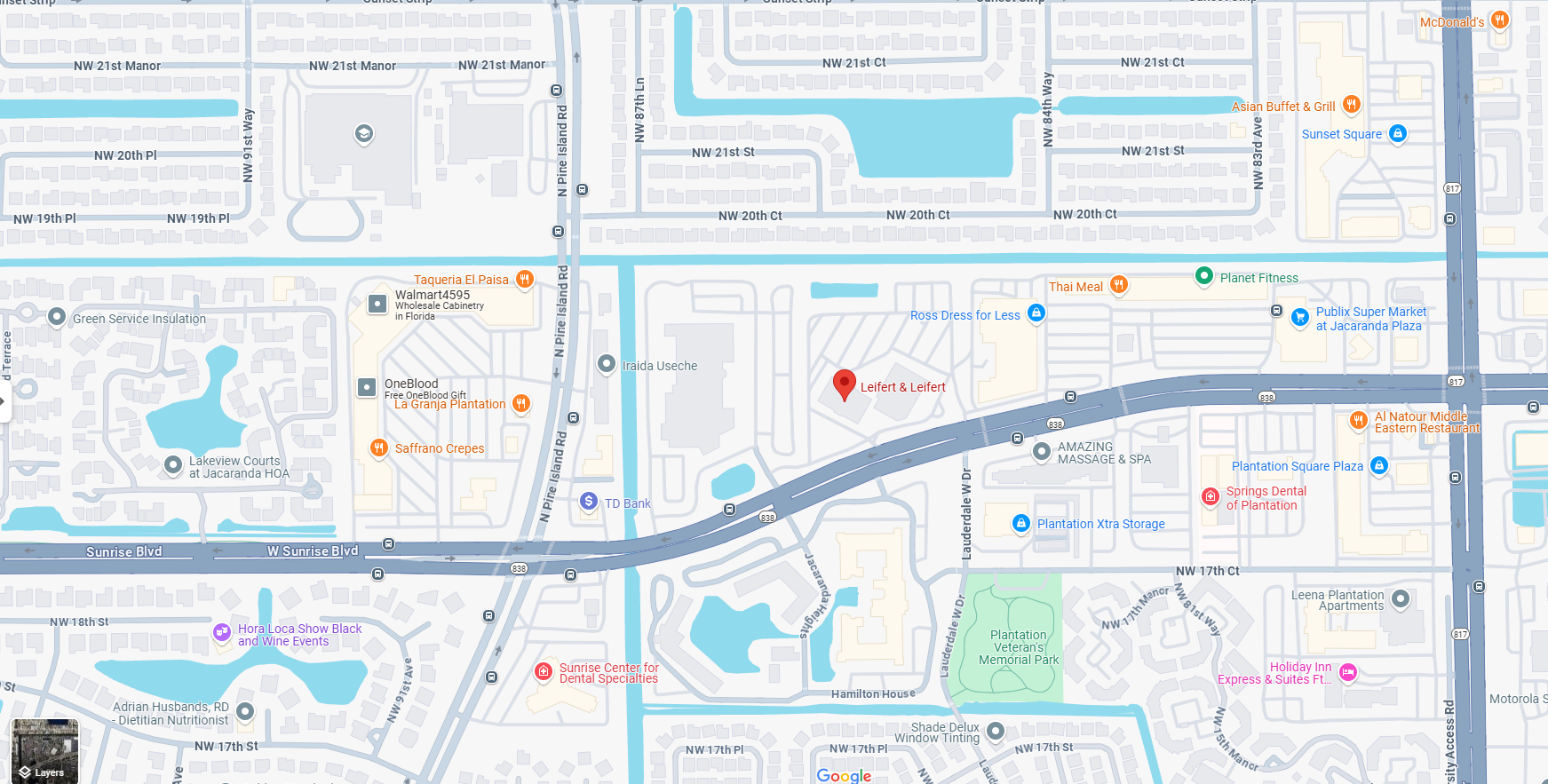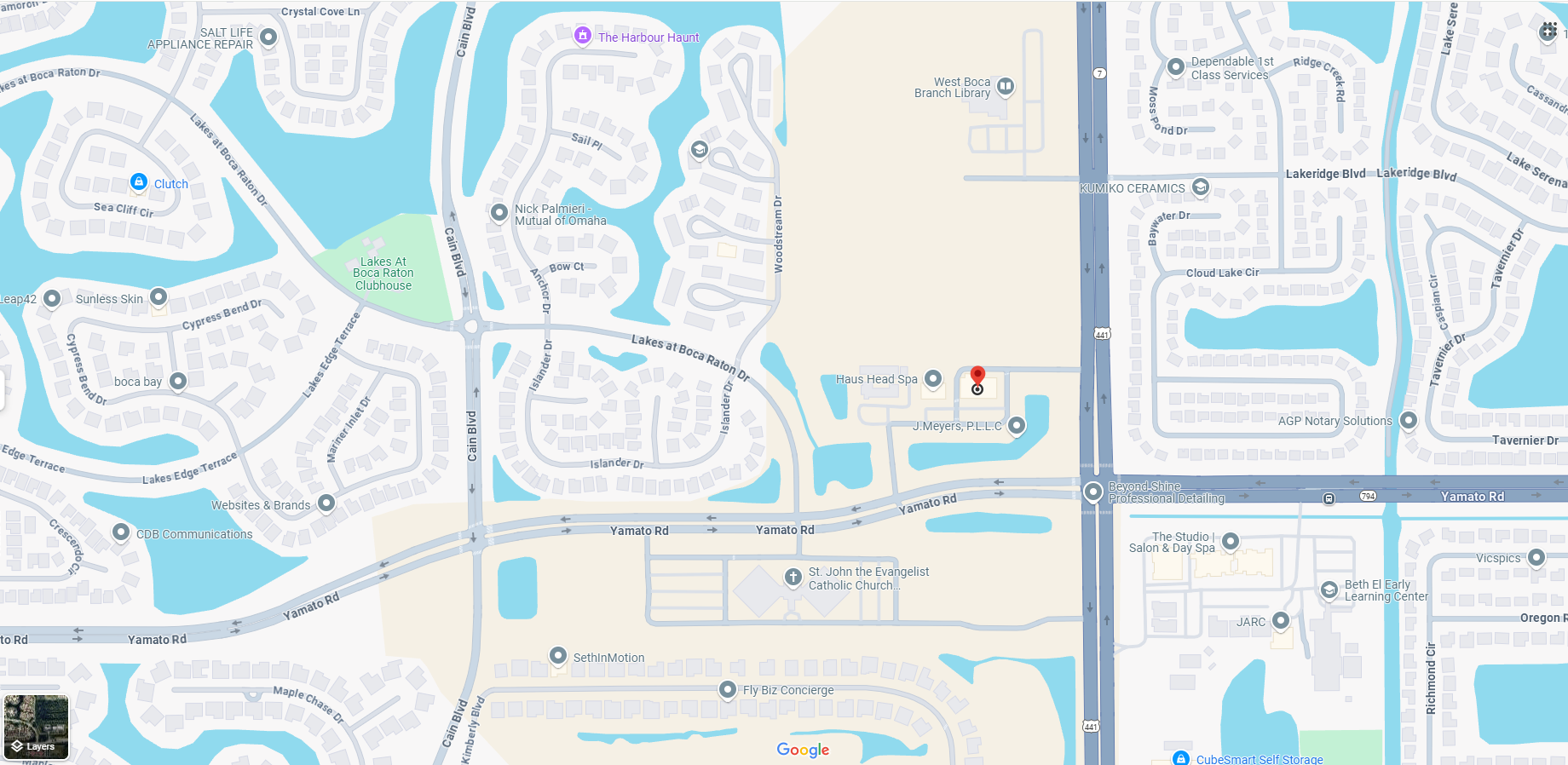Traffic tickets are a common occurrence in society, so people tend to think a traffic offense is not a serious matter. However, a criminal traffic violation is treated differently than a civil moving violation such as a citation for speeding or running a red light.
Penalties are much more severe and often include a suspended license, heavy fine, community service requirements, probation and possibly even serve jail time. While traffic laws in the State of Florida are the same in every county, the interpretation of those laws and how violations are treated in court may not be.
If you are facing criminal traffic charges, it is crucial to work with a Palm Beach County traffic lawyer who understands the applicable laws and how courts in the county have applied those laws to circumstances similar to yours. Work with a skilled criminal defense attorney that can advocate for you.
Types of Criminal Traffic Violations
Some of the most common criminal traffic offenses are those related to the use of alcohol and controlled substances such as driving under the influence (DUI) and aggravated versions of the offense such as DUI with injuries, DUI with underage passengers, DUI subsequent offenses, and DUI manslaughter.
Other common criminal traffic violations include
- Reckless driving
- Leaving the scene of an accident (damage or injuries are involved)
- Refusal to take a chemical breath alcohol test if their license has been previously suspended for refusal to take a breath test
- Driving while license suspended (with knowledge )
- Racing on the highway
- Operating an unregistered motor vehicle
- Possession of a stolen vehicle or one with an altered VIN (Vehicle Identification Number )
- Allowing an unauthorized (unlicensed ) person to drive
But there are many other criminal violations involving traffic laws set forth in the Florida Statutes. For instance, many may not be aware that it is a second-degree misdemeanor to fraudulently display a disabled parking permit or (this is now a non-criminal offense) use – attaching a license plate to the wrong vehicle.
Those found guilty of violating these criminal statutes can face up to 60 days in jail and a fine of up to $500. (See Fla. Stat. Ann. §320.0848(7) and §320.02(4))
What are the Consequences of a Traffic Violation in Palm Beach County?
For many criminal traffic offenses, the Florida DHSMV may suspend a person’s driver’s license. This can be a consequence for a first offense, multiple/repeat offenses or habitual offenders who commit three qualifying traffic crimes in a five year period.
Those stopped for probable cause who are suspected of driving under the influence, and who refuse to take a breath test, for example, will have their licenses suspended for up to a year for a first offense, and for a longer period for subsequent offenses/refusals.
Courts levy penalties for criminal traffic offenses that can include jail time and fines. The majority of these penalties are treated under Sections 775.082 and 775.083 and of the Florida code. If the violation is a:
- Second-degree misdemeanor, the penalty includes a fine of up to $500 and as much as 60 days in jail
- First-degree misdemeanor, the penalty includes a fine of up to $1,000 and as much as one year in jail
- Third-degree felony, the penalty includes a fine of up to $5,000 and as much as five years in state prison
- Second-degree felony, the penalty includes a fine of up to $10,000 and as much as fifteen years in state prison
Working with An Experienced Palm Beach County Traffic Attorney
While it can be tempting to attempt to represent yourself in a traffic matter, the laws are complicated and the correct procedures are extremely important. There are serious consequences if these types of citations are not addressed appropriately. Many people who have represented themselves end up facing severe and adverse consequences as a result. Working with an experienced Palm Beach County traffic lawyer can make all of the difference. To work toward the best possible outcome, contact an experienced Palm Beach County traffic attorney who will understand how the laws apply to your situation and know the best way to move forward with the goal of protecting your freedom.







